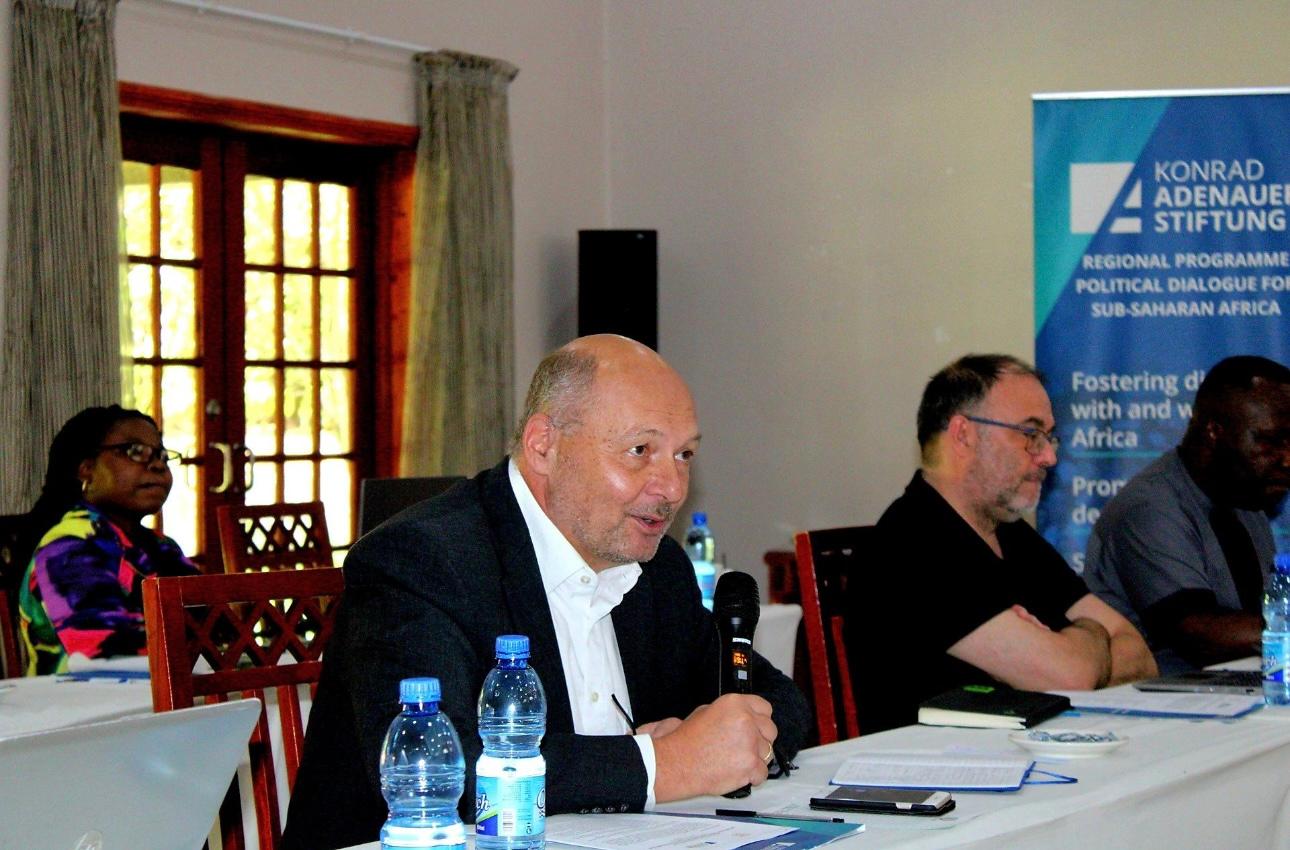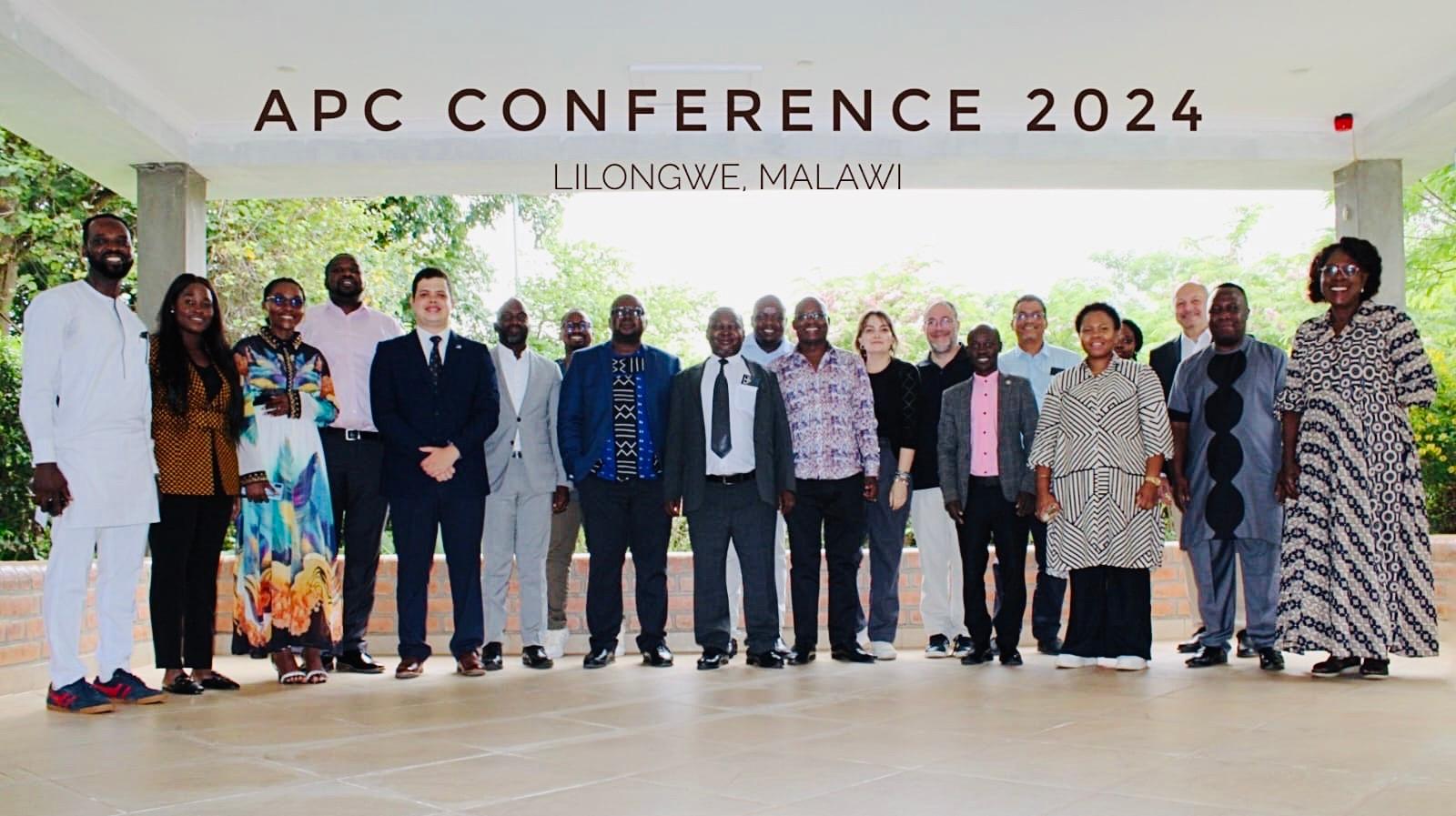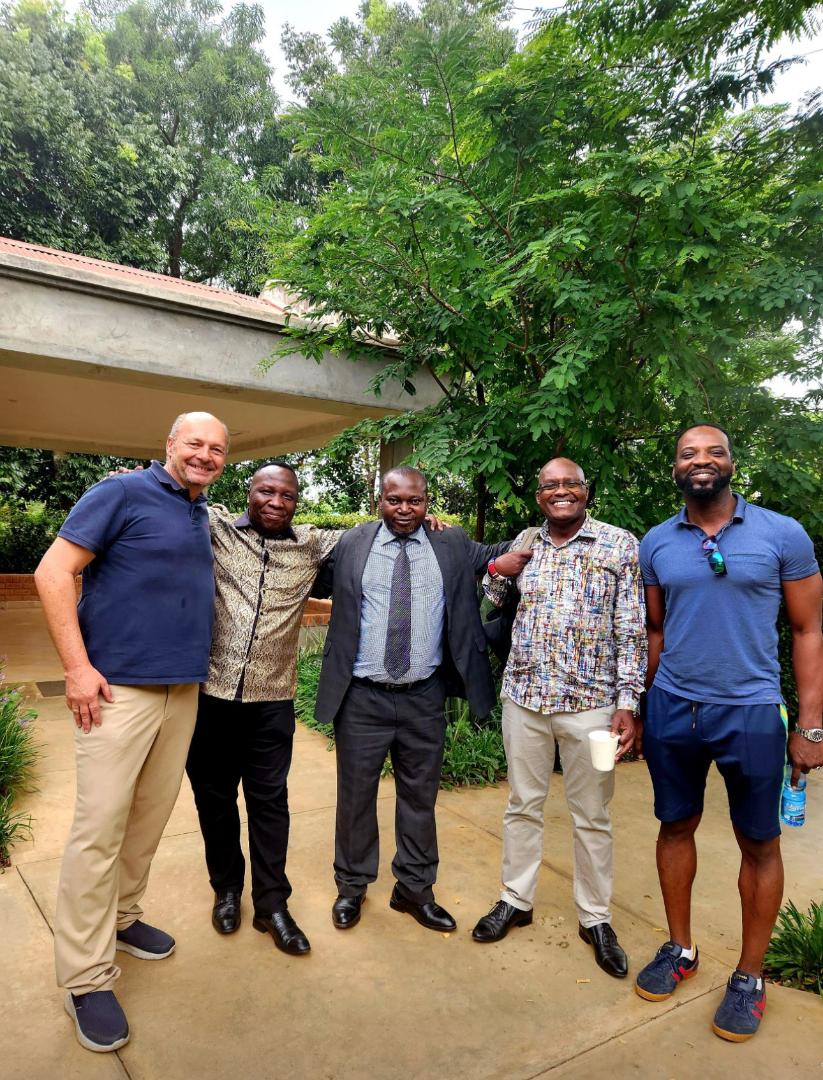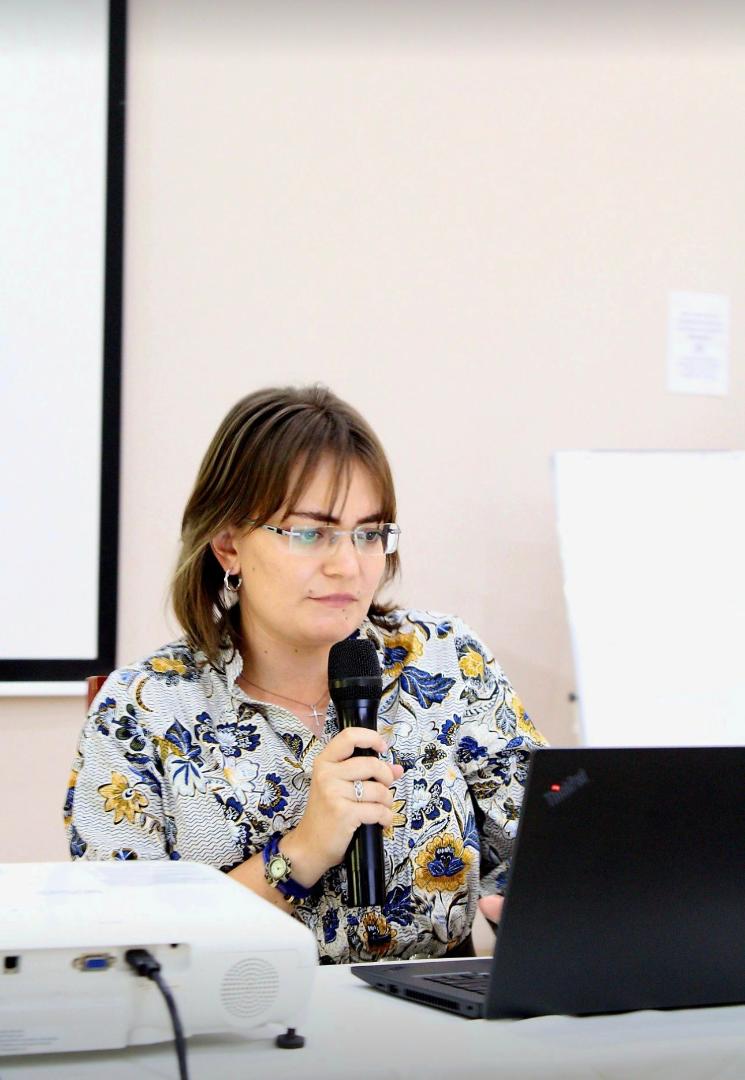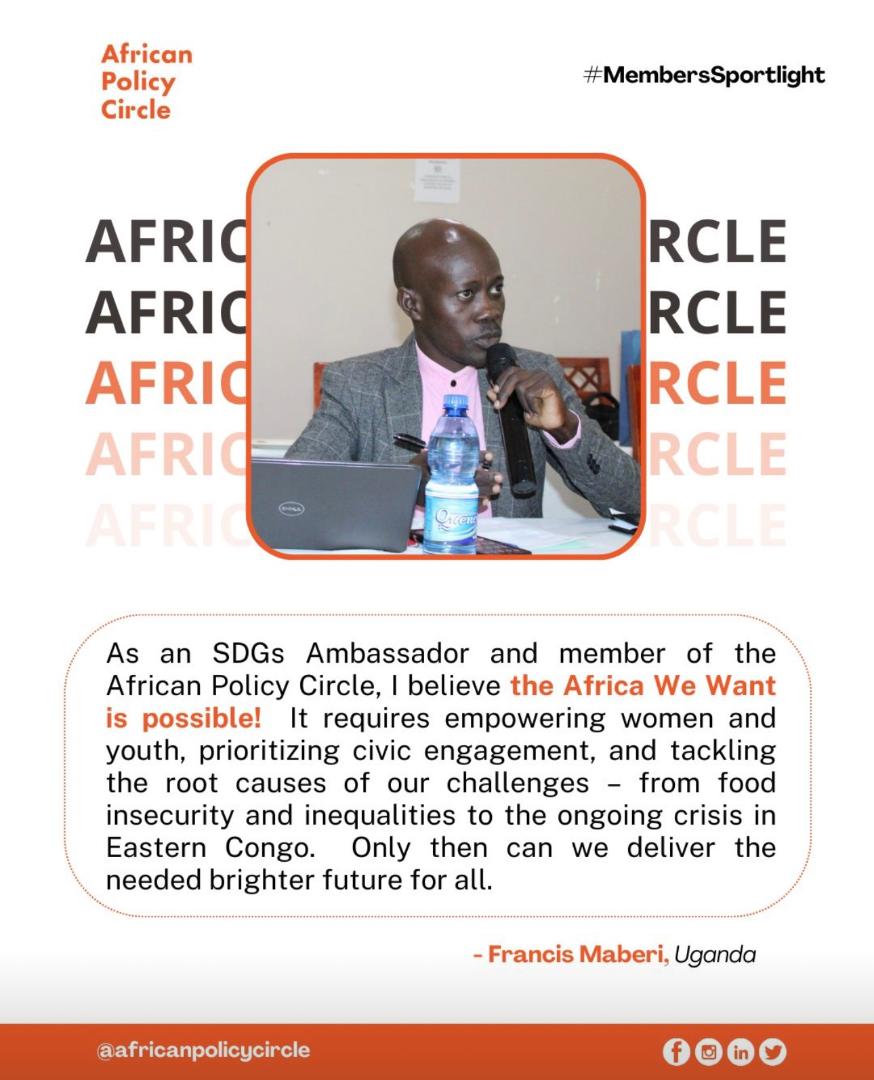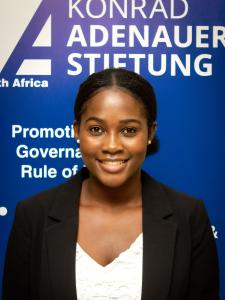APC is a platform for African civil society to collaborate and develop new solutions to African problems. They use robust, evidence-based research to develop common positions and policy recommendations on critical African development issues. Building on these positions, APC members use their collective voice to engage in both current and future development debates and promote common policy recommendations on critical African development issues such as human rights and good governance, illicit financial flows, natural resource governance and localising the sustainable development goals (SDGs).
The conference kicked off with remarks by Dr. Paul Kariuki, Executive Director of the Democracy Development Programme (DDP), followed by remarks by Dr. Holger Dix, Director of the Regional Programme – Political Dialogue for Sub-Saharan Africa at KAS. Their remarks reflected on the relevance of APC as a network of think tanks and its potential impact on evidence-based and data-driven policymaking in Africa. The participation of think tanks based in Ghana, South Africa, Kenya, Malawi, Nigeria, Tanzania, Uganda, Namibia, Cameroon and Cote d'Ivoire brought diverse perspectives and experiences to the discussions. In addition, the institutions represented focussed on a wide range of themes; for example, SAIIA is an international relations and foreign affairs think tank, while Good Governance Africa (GGA) focuses on governance performance indexes, monitoring elections, and improving public service quality. The Centre for the Study of the Economies of Africa (CSEA), which focuses on economic development, was also represented at this conference.
Following the opening remarks, Adrian Joseph, a former KAS-SAIIA scholar and Mandela-Machel fellow at the Brenthurst Foundation, presented his recently published paper titled "Do Think Tanks (Still) Matter for Africa’s Development?” Key takeaways from his presentation included the need for think tanks to diversify funding streams, invest in young researchers, and develop strategic partnerships. Adrian emphasised the importance of producing policy-relevant research, enhancing research capacity, and fostering innovation. His insights highlighted the significance of think tanks in Africa's development, particularly in addressing critical issues like minerals, energy transition, and natural resource governance.
SAIIA’s Steven Gruzd and Isabel Bosman led fascinating discussions on the T20 2025 expectations, reflecting also on how Artificial Intelligence (AI) can strengthen anti-corruption efforts while ensuring digital inclusion. Opportunities, including enhancing transparency and accountability by using AI to analyse large datasets and identify irregularities and patterns of corruption, such as unusual financial transactions, misallocation of resources, or manipulation of public records, were explored. It also holds prospects for developing tools that make government data more accessible and understandable for citizens, which could improve public service delivery. However, AI also has the potential to increase digital exclusion if it is not developed and implemented carefully, particularly in regions or communities that already face barriers to technology access.
APC members discussed shortcomings such as bias and discrimination in AI systems; If trained on biased data, AI may reinforce existing inequalities and fail to adequately serve specific groups, particularly those who are already marginalised. Language barriers in using interfaces, such as virtual assistants or chatbots, may predominantly cater to major languages, leaving speakers of minority languages or dialects disadvantaged. At the same time, limited digital literacy may negatively affect users without a basic understanding of how technology works. Last, people may lack the skills to use AI-driven platforms effectively in areas with limited access to education, particularly in STEM fields. This can worsen digital exclusion, as AI solutions might not be designed with ease of use for non-experts in mind.
Another discussion was on the complexities of multilateralism and South Africa's role in advancing a common African position within the G20. GGA's Dr. Ola Bello presented on SA at the Helm of the G20, focussing on strengths and potential shortcomings. Despite being the only African nation in the G20, South Africa encounters challenges related to both domestic and international factors. The country’s political instability, corruption scandals, and domestic governance challenges impact the ability to capitalise on its G20 membership fully and can undermine the country's credibility and prevent it from offering cohesive and stable leadership in global economic discussions. South Africa's position within the G20 has sometimes been affected by geopolitical dynamics, such as its alignment with certain blocs or countries. Despite these challenges, South Africa's participation in the G20 remains essential, especially in representing African concerns and contributing to the global conversation on issues such as development, climate change, and inequality.
The last session on the first day was titled “Advice from the Future,” which involved a practical exercise discussing the role of think tanks going forward using a future lens. Day 2 began with a recap of activities from the first day, followed by an Overview of the G20 Anti-Corruption Working Group (ACWG) and related documents. The primary objective of the ACWG is to coordinate and drive global efforts to combat corruption. The working group seeks to enhance the capacity of governments, institutions, and organisations to detect, deter, and respond to corrupt practices. This is achieved by sharing best practices, improving international cooperation, and adopting strategies for greater transparency and accountability. The ACWG is responsible for implementing the G20 Anti-Corruption Action Plan, which is periodically reviewed and updated to align with the evolving nature of global corruption threats. This action plan serves as a framework for collective action and provides recommendations for G20 members.
Participants were also invited to analyse opportunities and impediments of the Digital Economy Working Group (DEWG), a platform within the G20 focused on advancing the global digital economy agenda whose primary goal is to promote the benefits of digital transformation for sustainable development, economic growth, and social inclusion while addressing challenges such as data governance, cybersecurity, and bridging the digital divide. The DEWG facilitates collaboration between G20 member countries and other stakeholders, including the private sector, civil society, and international organisations, to shape the digital future. For Africa, fostering digital transformation and promoting inclusivity to ensure that the digital economy is accessible to all, including marginalised and underserved communities, would be a key priority.
- Key Takeaways & Conclusion
After thematic discussions, a closed discussion was held on the APC internal affairs, including the platform’s leadership. The 2024 APC report was presented for comments and reflection during this conference. Several of the priority areas identified by South Africa are receiving attention, but two workstreams in particular require more attention: anti-corruption and digital inclusion. Inputs on artificial intelligence are welcome and connect the digital rights inclusion (digital economy) workstream with the anti-corruption workstream as explained below:
Artificial intelligence is considered specifically under the heading “Improving Detection and Enforcement Measures” in the G20’s (current) Background Note on Promoting Integrity and Anticorruption for a Just World and a Sustainable Planet. The document references “intense international financial flows and the use of multiple jurisdictions in illicit schemes” requiring “continuous improvement of detection and enforcement measures.” To achieve this, “artificial
intelligence, greater transparency and international cooperation” are seen as useful mechanisms to fight corruption. AI is able to “sift through large volumes of financial transactions, contracts, and government expenditures to spot irregularities in real-time, enabling faster interventions and preventing corruption before it takes root.”
However, AI will require strict governing and well-researched policy recommendations, and at this point, this intersects with the work of the Digital Economy Working Group (DEWG). On 13 September 2024, the DEWG released the G20 Maceió Ministerial Declaration on Digital Inclusion for All, which prioritises digital inclusion and meaningful connectivity, digital government and inclusive digital public infrastructure, and finally, integrity of information online and trust in the digital economy. AI is integrated into these focus areas as well and is regarded as a tool that could improve public services. The Ministerial Declaration emphasises that South Africa “intends to build upon the achievements of past presidencies to bridge the digital divides, promote equality, and support inclusive sustainable development to improve people's lives" and indicates that the country intends to "further work on the topics of Artificial Intelligence, the deployment of digital public infrastructure, Digital Innovation Ecosystems to support MSMEs, and measures to advance universal and meaningful connectivity further."
In addition to the expert and panel discussions, the former Commissioner of the Malawi Elector Commission and deputy director of International Relations of the Malawi Congress Party joined the discussions. The conference concluded with closing remarks by Dr. Holger Dix and a vote of thanks by Singo Mwachofi, Deputy Director of the Security Research and Information Centre (SRIC) and political sciences lecturer at the University of Nairobi, Kenya. A policy paper will be produced as an outcome document of this conference and will be available on the KAS PolDiSSA and APC websites.
About this series
The Konrad-Adenauer-Stiftung, its educational institutions, centres and foreign offices, offer several thousand events on various subjects each year. We provide up to date and exclusive reports on selected conferences, events and symposia at www.kas.de. In addition to a summary of the contents, you can also find additional material such as pictures, speeches, videos or audio clips.
